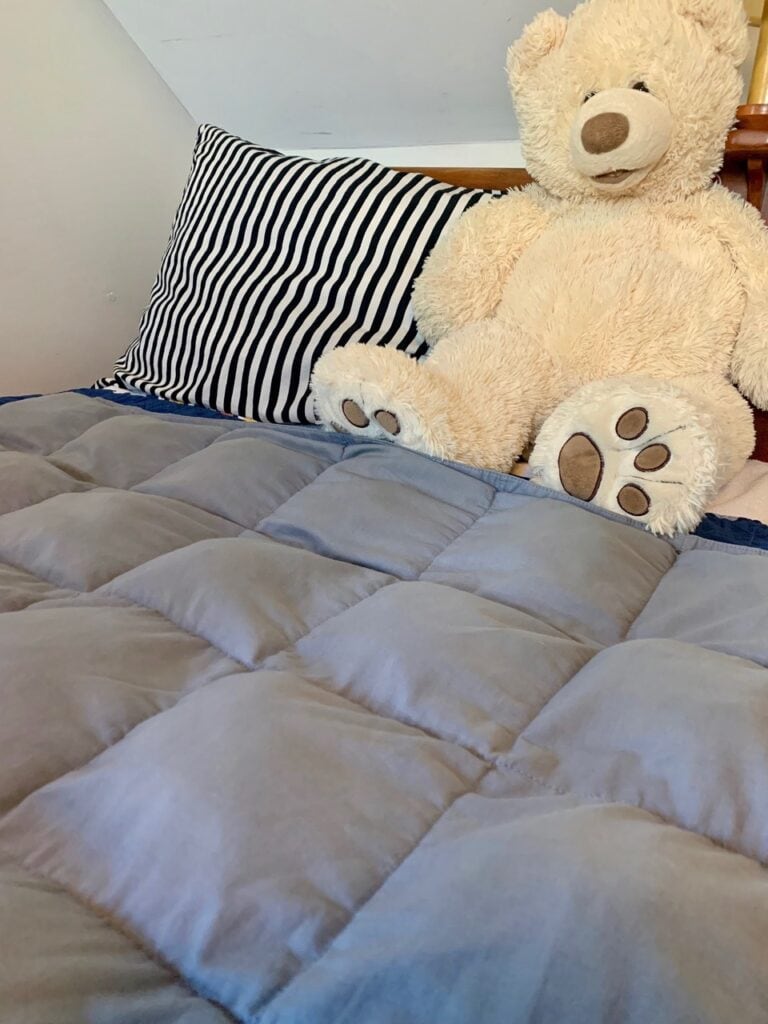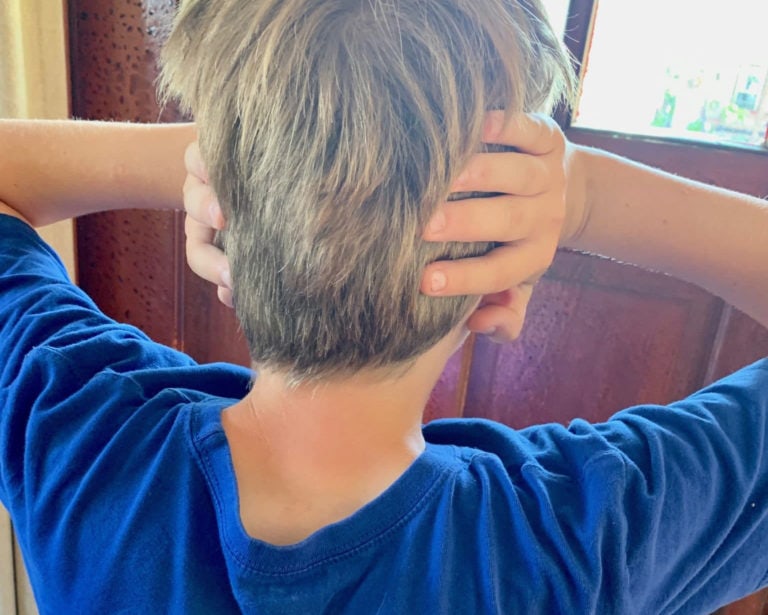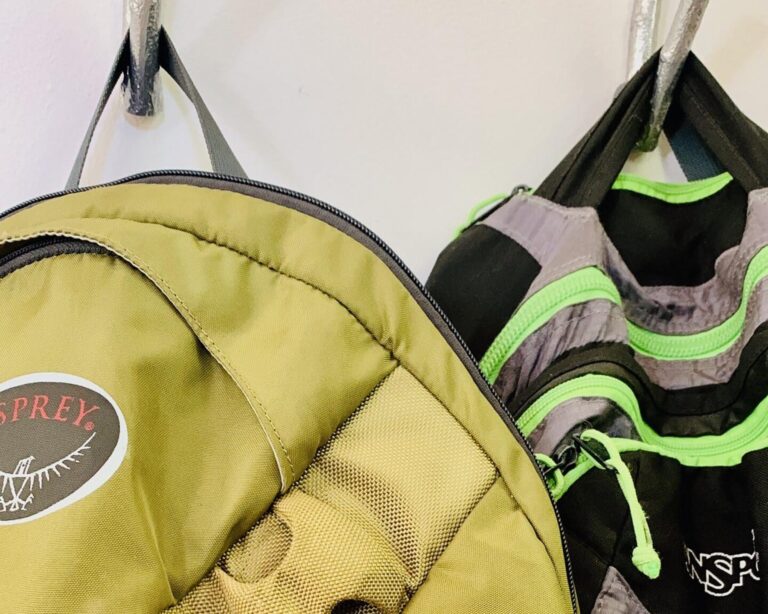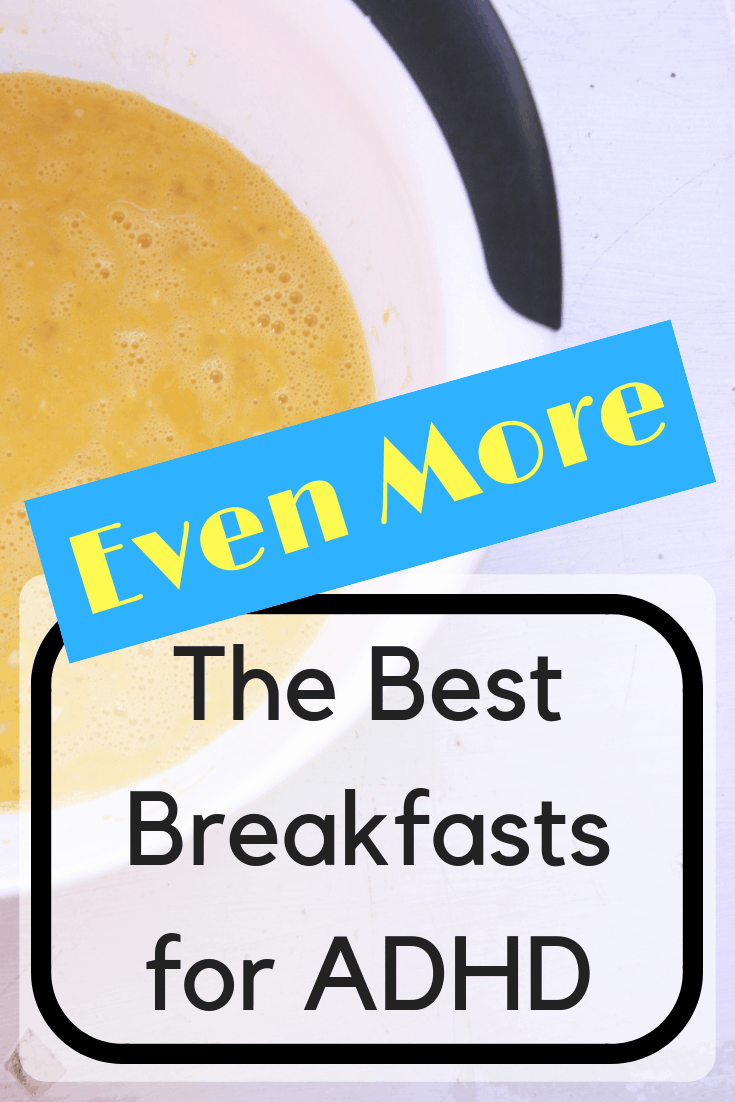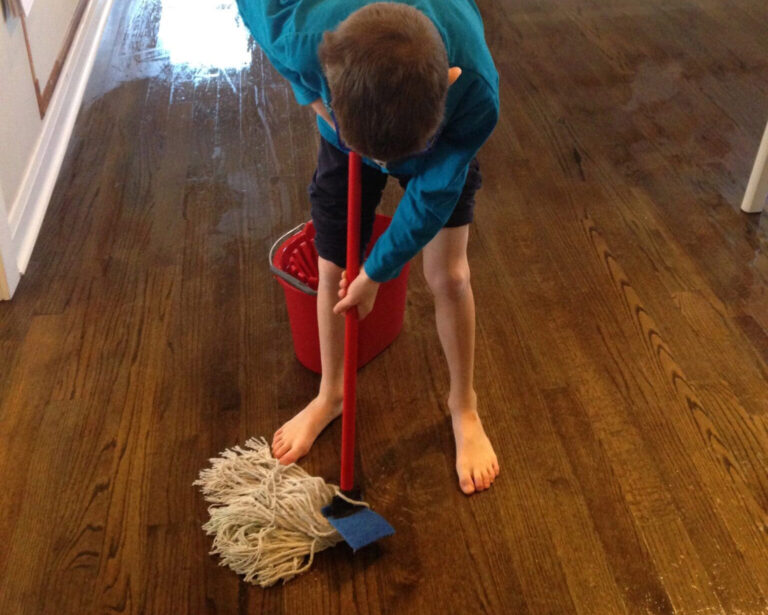Child diagnosed with ADHD, Now What?

Getting an ADHD Diagnosis can be overwhelming: there is no instruction manual handed to parents that tells us exactly how to help our child.
If your beautiful child has just been diagnosed, you might be filled with so many emotions and uncertainty about their future. You may feel embarrassed or ashamed or wonder what you might have done to cause this behavior.
Or the diagnosis was awhile ago and you’re still reeling and trying to figure out what to do.
Either way, rest assured!
parents can do A Lot to help Their ADHD Child
While there is no one size fits all solution, the great thing is that parents can do so much to help their kid’s ADHD symptoms. You can have such a positive effect on your child just by the way you parent, not to mention some often very effective natural solutions.
Read thru these ways to help your ADHD child all and see what resonates with you in this moment.
Keep it simple and explore one or two things at a time. You will quickly see which ones will be most beneficial to your kid.
How to help a child with ADHD:
1. Put connection and your relationship first.
Every child just wants to be seen. Unfortunately kids with ADHD are often “seen” in not so positive ways – they are corrected, fussed at, and often held up in front of their peers as examples for what not to do.
Our kids need a soft place to fall and to know someone is in their corner.
Be that person for your kiddo. Absolutely make connection your top priority.
No matter how tough their day has been, or how fussy or angry they are, or how prickly they have been to you…..listen to them more, correct them less, validate their feelings, and do fun stuff together.
It can also be so beneficial for ADHD kids to connect with others who are challenged by ADHD. Ask the school psychologist about opportunities to meet other kids in similar situations. Schools often have social groups that meet during lunch or after school. Look for therapists who offer peer groups, as well.
Related: More ideas on connecting with your kids, HERE and your teens, HERE.

2. Look at the Positive Aspects of ADHD
I am so glad that so many people in the ADHD space are writing about all the positive aspects of ADHD. (I love Dr. Ned Hallowell and Penny Williams. ) All the amazing positive traits our kids have often get over shadowed.
But ADHD kids are smart and have tremendous skills — sometimes in a very unique or quirky ways.
Find ways to do more of what brings your kiddo joy, builds their self confidence and continues to build on their strengths.
Take a minute and write down all the positive traits your kiddo displays. This can even be a great thing to do as a daily practice — perhaps part of your morning or evening routine.
Not so sure what your kiddo’s awesome talents are?
Our kid’s positive traits can be on the flip side of what gives them trouble. For example, their sensitivity to the world makes them anxious AND also might give them an amazing ability to talk to animals.
If they are not interested in learning in a school setting, it’s probably because it does not allow them to explore their deep interest in a single subject. Check out Outschool to see if there’s something that peaks their interest and will have them connecting with other kids that have the same interest.
Energy for days? Channel it into a team or individual sport. Don’t want to be the cruise director? We’ve got great ideas HERE, that will get kids outside and moving!
Related: This ADHD Mama wrote a must read book!
3. Prioritize Sleep
ADHD kids often have disrupted sleep, in fact 3 out of 4 kids with ADHD have trouble falling and staying asleep. And not getting enough sleep can exacerbate behavioral symptoms and your kid’s ability to focus and attend at school-and home.
Many things can help your kids get a better nights sleep:
- taking a magnesium supplement an hour before bed
- getting lots of exercise and time in nature during the day
- developing a consistent bedtime routine
- using a weighted blanket or compression sheet at night
- doing some deep breathing or meditation before bed
- turning off screens at least an hour before bed
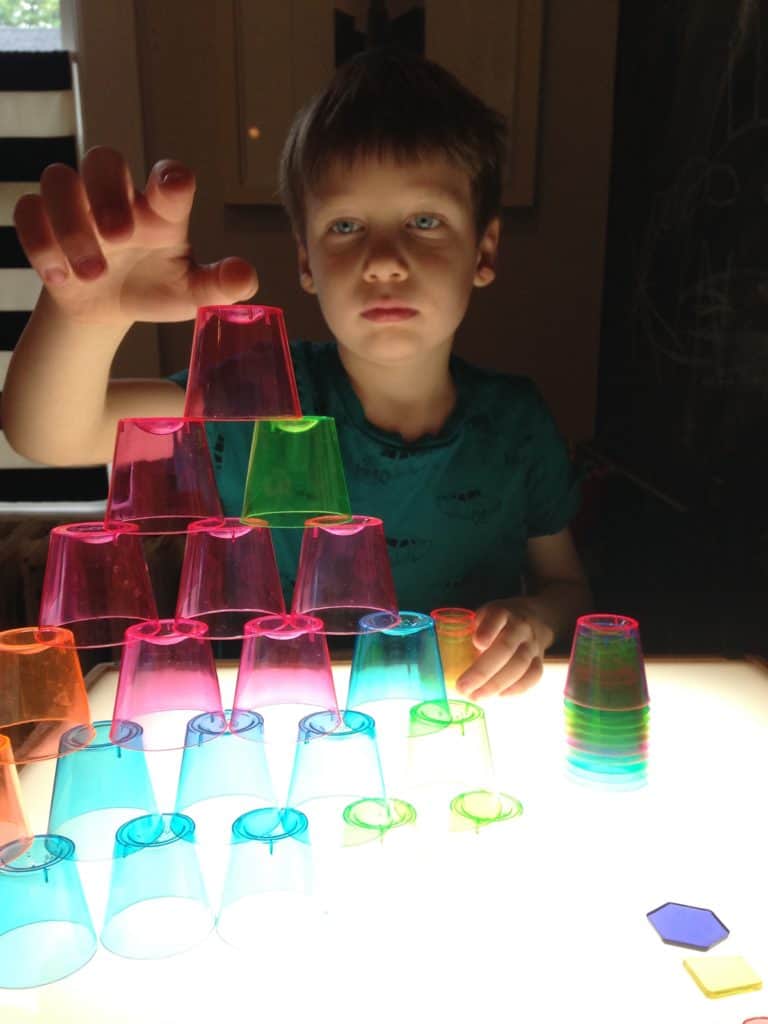
4. Get More Information About Your ADHD Child
Depending on how your child got their ADHD diagnosis, you may have been given very little information about how it affects their thinking and behavior.
The saying, “When you’ve met one child with ADHD, you’ve met one child with ADHD,” is so incredibly true and has been my absolute experience as a teacher and mom of two boys with ADHD.
Yes, you see the outward signs of inattention, hyperactivity, explosive behavior, wiggles for days, difficulties in school and relationships with friends.
But, by only looking at the behaviors, it’s hard to figure out what’s going on inside.
Your doctor or psychologist may have recommended a full neuropsychological exam along with your diagnosis. Bravo, if they did and fantastic, if you’ve already gotten one.
But if they did not, it’s extremely important to consider one. Even if your kiddo has had their diagnosis for years, a neuropsych exam can shed so much light onto how your kiddo thinks and learns and moves thru the world.
A neuropsyche exam is an extensive testing process ( about 4 to 6 hours over a day or two) that gives you all sorts of information on how the brain works, what might be at the root of your child’s learning and emotional challenges, their strengths and weaknesses in an academic setting, along with their motor and spatial abilities.
It was nothing short of amazing for us!
School became so much easier. Homework became so much easier. Parenting my kids became easier.
Who can argue with that?
5. Research All You Can About ADHD
Finding out all you can about ADHD is a great way to feel more prepared to support your child and advocate for them at school and home. Take time to learn about possible root causes of symptoms, nutritional support, school accommodations, local support groups,…the list is nearly endless!
These resources are a great place to start, but spend time browsing on your own to discover information that rings true to you.
- Ross Greene’s Podcast and Lives in the Balance Website
- Katie Wells’ Website and Podcast
- Ned Hallowell’s Podcast and Website
- Penny William’s Podcast and Website
- Simplicity Parenting Podcast with Kim John Payne
- ParentFromHeart’s article gives excellent insight into Highly Sensitive Children – a trait that many kids with ADHD exhibit.
If you are like me and LOVE TO LEARN, you may have to put a time limit on your research — say 30 minutes a few times a week. Do not let it take priority over connecting with your kid and taking care of yourself.
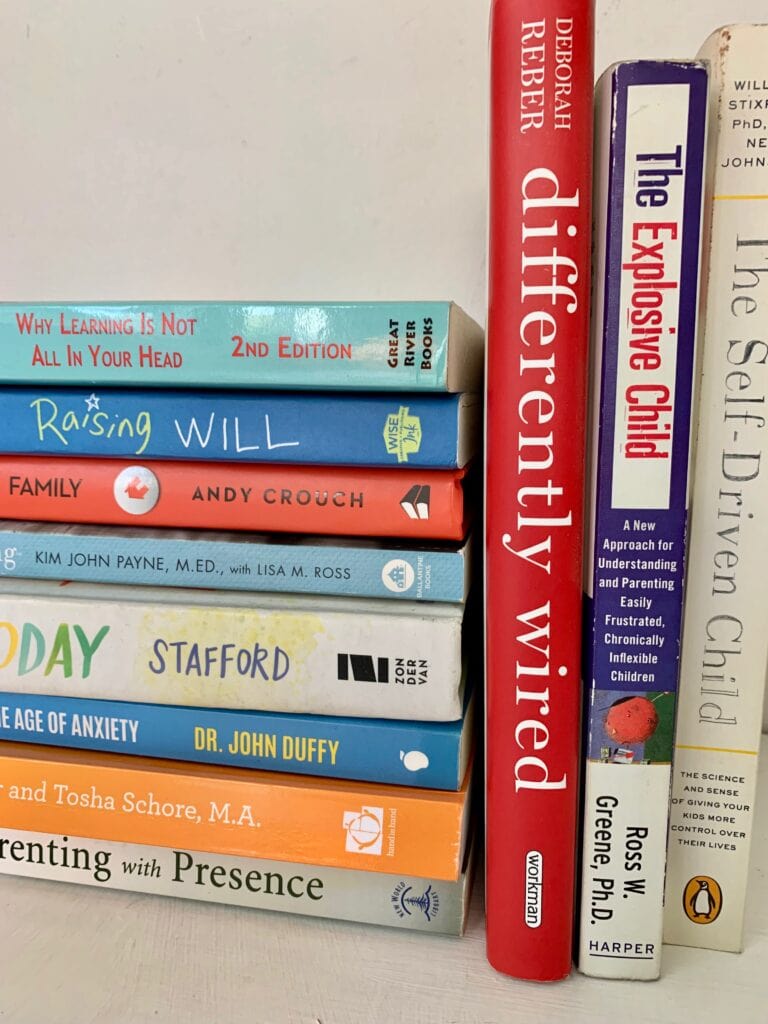
6. Help Your Child With ADHD by Reading the Right Books
It can be daunting to scour the book store, looking for a parenting book that is actually going to help. Once your child is diagnosed with ADHD, getting a few recommendations for helpful book is key.
Not all parenting books are created equal and many have advice that will not help your ADHD child. I’ve started lots of books over the past 15 years and finished a select few.
A few, extremely good books for ADHD Parenting are:
- Simplicity Parenting, by Kim John Payne
- The Explosive Child by Ross Greene
- Brain-Body Parenting by Mona Delahooke
And check out more of the best books for parenting ADHD – HERE.
7. Practice Self-Care
What do you love to do? What fills your heart and soul at a deeper level?
Parenting has probably pushed those questions right out of your head.
As parents of kids with high needs, it can be all consuming and feel like there is not a minute to ourselves. It can feel selfish to take time to read a book, take a walk or sit and paint.
But, we’ve all heard the analogy about the oxygen mask and it could not be further from the truth.
You are doing your kids a disservice if you don’t take care of yourself.
Even spending 10 minutes a day, to do something that brings you joy, can be immensely helpful.
What is that for you? Practice making yourself a priority as much as you do your kids.
And you are modeling that for your kids – double awesome!!
Related: Self-care for ADHD Mamas
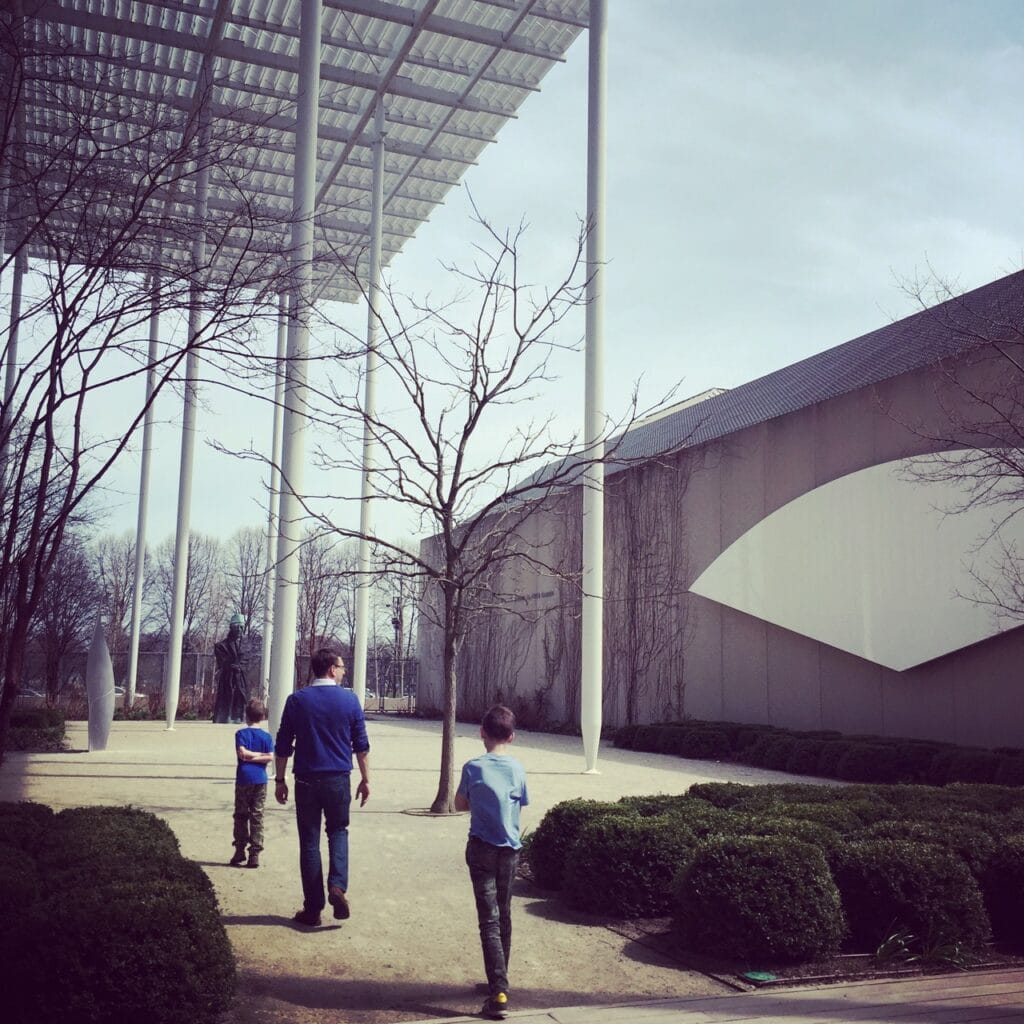
8. Simplify Your Family Life
The easiest thing to do to help your ADHD child just might be to STOP doing something.
Being very conscious of your family routines and schedules can be extremely beneficial for your ADHD kids. Slowing down your days can bring a huge wave of calm to your everyday life.
Some easy changes that can have big results:
- Put a few routines in place – morning or evening – that will help your family to “run” themselves.
- Take away a few commitments to leave space in your schedule to breathe.
- Turn off the TV and devices and institute quiet reading time or family game night.
- Clear out unused and outgrown items from bedrooms and closets.
- Plan and cook a healthy meal together.
- Go for a family walk after dinner several nights a week.
Slowing down your pace and adding a bit of structure can bring predictability and act as rest spots throughout the day.
Simplifying your life will also allow for more points of connection during the day. And who doesn’t love that?
9. Find a Good Therapist
As parents of ADHD kids, we need to get comfortable asking for help. Finding a good therapist can be one of the best things you do for you and your kiddo.
Theres nothing like a third, neutral party to really put perspective on your situation, see things in a different light, and offer up concrete solutions.
It can take some time to find a therapist that works well with you and your child. You’ll be less likely to have to “therapist hop” if you look for one specifically trained to deal with neurodiverse children.
Word of mouth, a school reference or some targeted research in your area are all great places to find a therapist. You may want to meet with them first, alone, to get a good feel for their approach and personality.
10. Ask for Help at School
Many things about school can be triggering for ADHD kids.
And schools are also places where there can be a lot of help and support. You just have to know how to get it.
While there are lots of little tweaks and things you can do, like get this amazing planner and sending the younger ones to school with this timer, it’s so helpful to get the extra support in the form of an IEP or 504 plan.
Your first step is to talk to the teacher to see if some accommodations can be made in the classroom. It is best to talk candidly with the teacher to see what they recommend and provide as much information about your child as you can. (A neuropsyche evaluation would be perfect to share.)
Remember, you are not in school with your child and they, quite possibly can act very differently than they do at home.
Your child’s teacher may suggest that you go forward with getting a 504 plan or an IEP. You’ll be referred to the school psychologist who reigns in this domain. They will ask you to provide any documentation of your child’s diagnosis and any test results you can offer.
Start early – the road to an IEP can take months.
Related: Homework help for ADHD kids
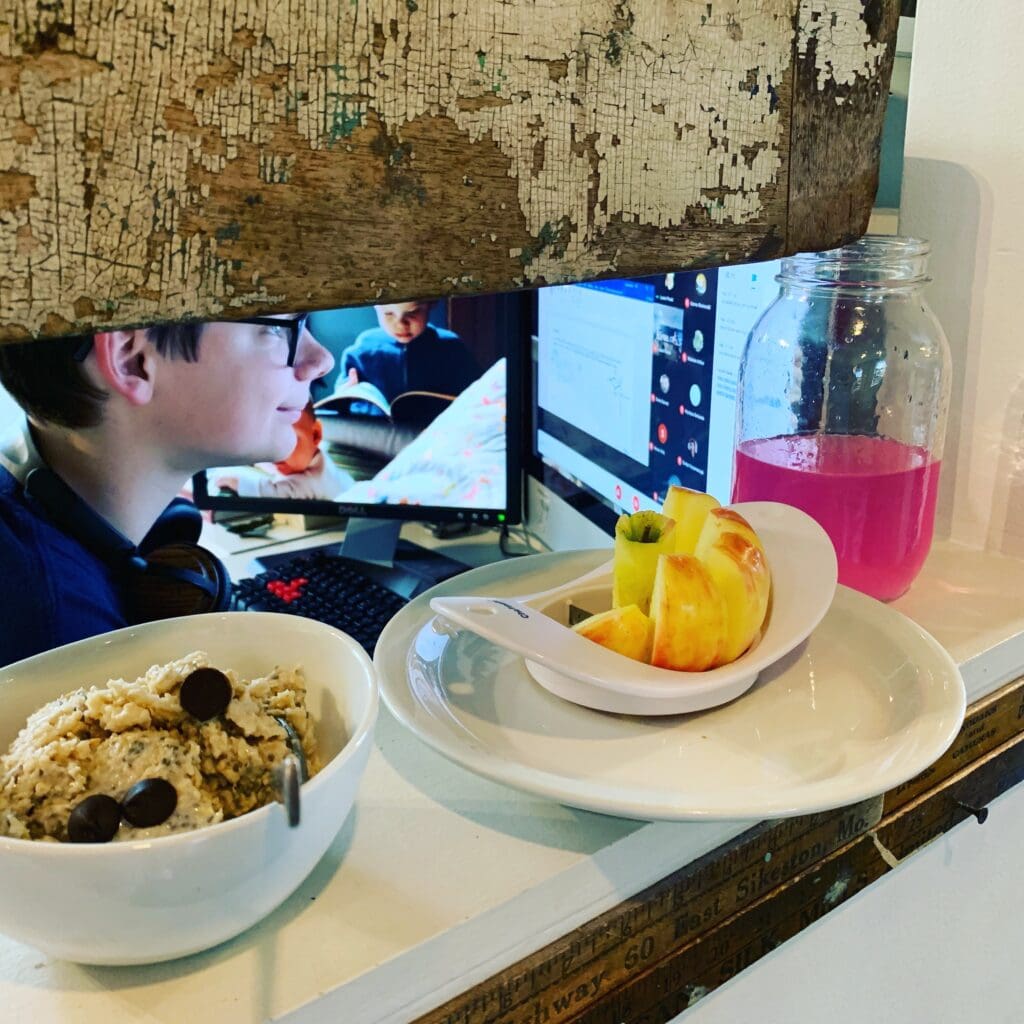
Bonus!!! Explore the idea of an ADHD Diet
Food can have such a profound effect on your kids overall quality of life, not to mention their behavior. If your child has been diagnosed with ADHD, there are many expert nutritionists out there to help you delve into this idea. (We love Shawna Hughes.)
ADHD Diets are basically elimination diets that seek to avoid allergens that could be a big contributing factor to some of the ADHD behaviors your child exhibits. The food groups most often avoided are gluten, dairy, soy, and corn because they are common allergens which can cause inflammation and can make symptoms worse for ADHD kids.
This can feel overwhelming and expensive, but again this can be done in baby steps to make it more doable and budget friendly.
Related: ADHD Diet on a Budget
Learning how to help your ADHD child can feel very overwhelming. That is why it is such a great idea to choose one or two of these areas to focus on at a time.

